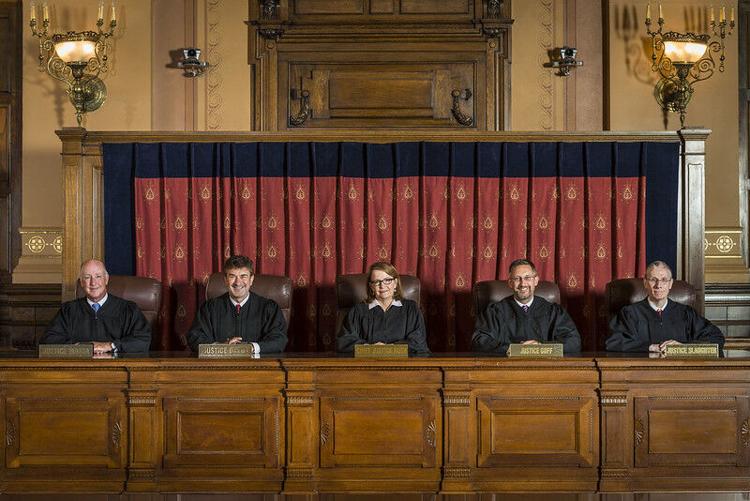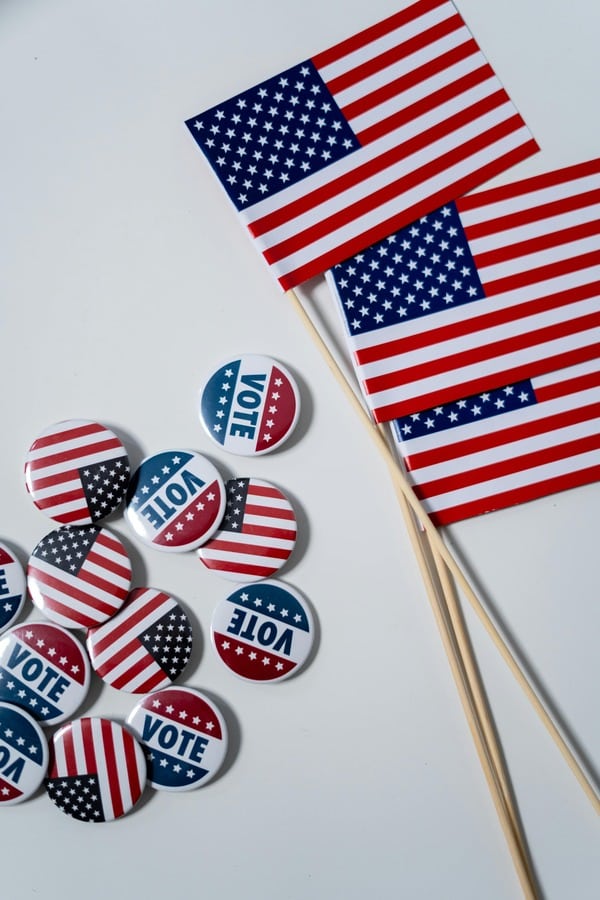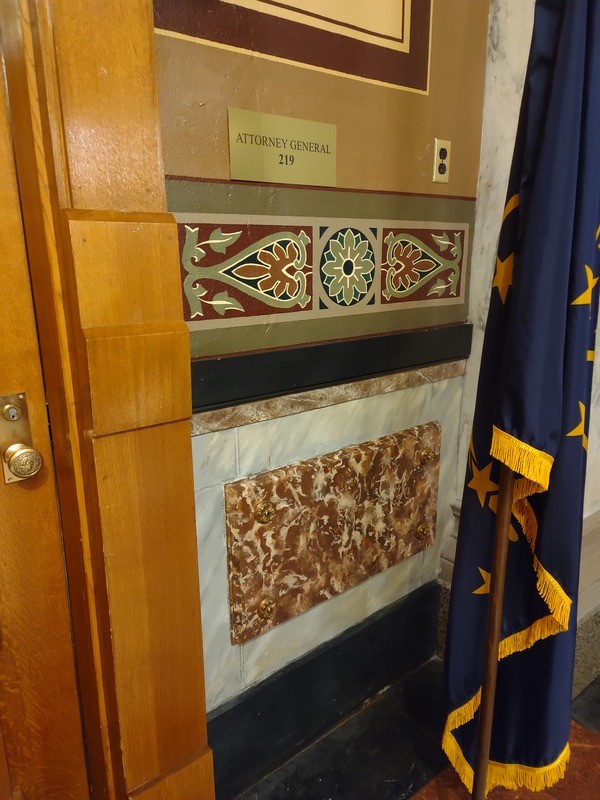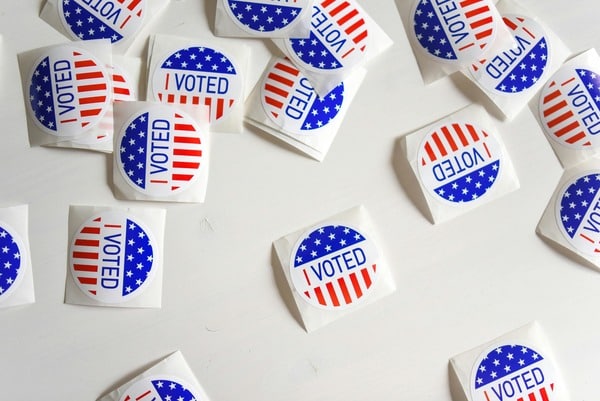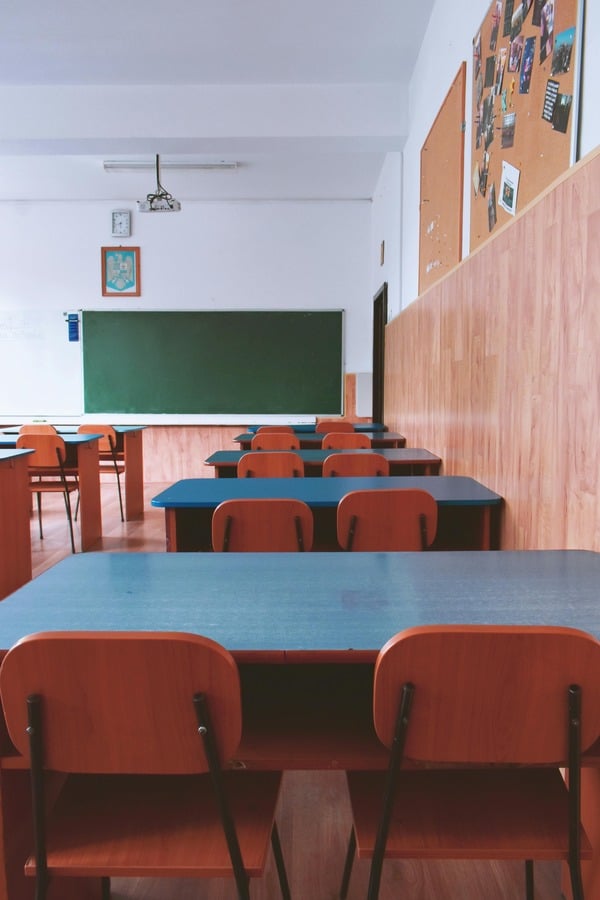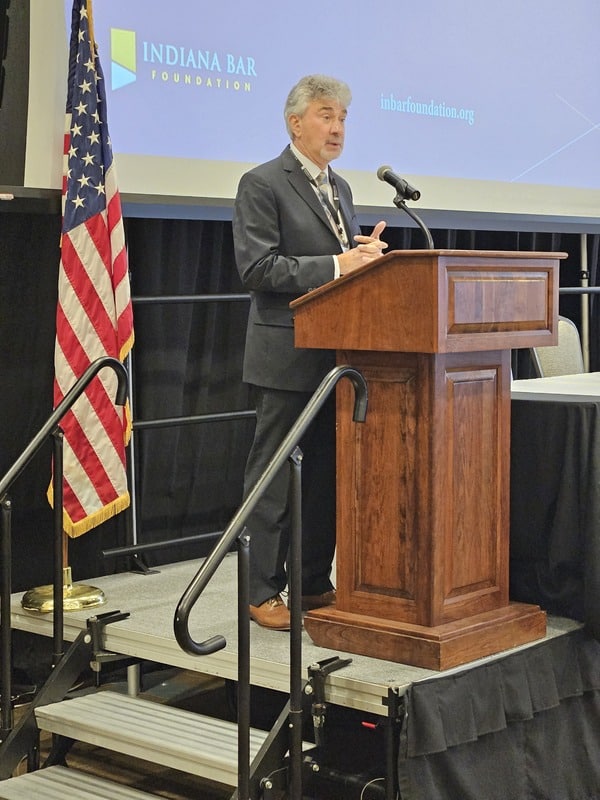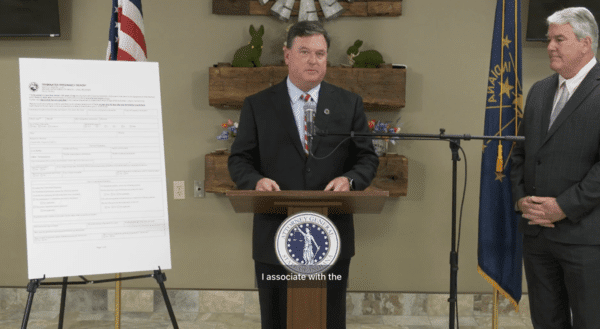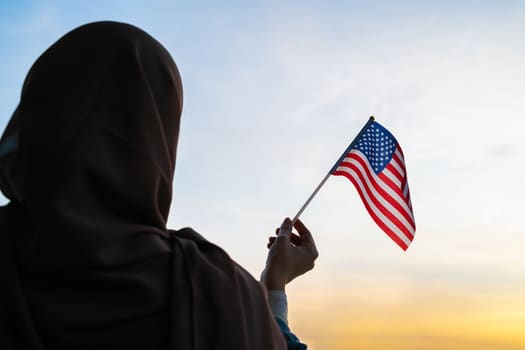The Indiana Supreme Court heard oral arguments Thursday in Gov. Eric Holcomb’s fight against the Indiana General Assembly over the power to call special legislative sessions.
Holcomb filed the lawsuit in April 2021 regarding House Enrolled Act 1123. Now the Indiana Supreme Court is deciding whether the General Assembly has the right to call a special session or if that authority lies solely with the governor.
Both chambers voted to override the veto, passing the bill into law without the governor’s signature.
In October, a Marion County trial court judge ruled in favor of the legislature. The judge argued that the language in the Constitution doesn’t exclusively give the authority to the governor, and Holcomb appealed this ruling to the Indiana Supreme Court, which held a hearing Thursday morning.
Holcomb was represented by attorney Richard Blaiklock while House Speaker Rep. Todd Huston, R-Fishers, and Senate President Pro Tempore Sen. Rodric Bray, R-Martinsville, were represented by Solicitor General Tom Fisher.
The hour-long oral arguments often focused on a section of the 1970 Indiana Constitution in which provisions on the legislative session are dictated. It reads:
“The sessions of the General Assembly shall be held at the capitol of the State, commencing on the Tuesday next after the second Monday in January of each year in which the General Assembly meets unless a different day or place shall have been appointed by law. But if, in the opinion of the Governor, the public welfare shall require it, he may, at any time by proclamation, call a special session. The length and frequency of the sessions of the General Assembly shall be fixed by law.”
In his opening remarks, Blaiklock said the lawsuit isn’t intended to decide whether it is good or bad public policy to give the legislature the ability to call special sessions. But Blaiklock said the ability would require an amendment to the state’s constitution.
At the beginning of the hearing, Justice Geoffrey Slaughter asked why HEA 1123 is an issue, since it still allows the governor to call a special session and just extends that power to the General Assembly. In response, Blaiklock said the harm is that the legislature is trying to undermine a power of the governor.
The definition of a legislative session was frequently discussed. Technical sessions, which are used to correct technical errors in legislation and override governor vetoes, and Organization Day, the November convening of the General Assembly to mark the ceremonial beginning of the legislative session, fall outside of the typical session. Fisher used this as a reason the lawsuit is invalid.
Fisher also questioned Holcomb’s ability to continue the lawsuit. Rather than being represented by Attorney General Todd Rokita, he chose different legal counsel. In April, Rokita asked that the suit be thrown out in the lower court, saying the Office of the Attorney General handles disputes between branches of the government.
During the hearing, Slaughter called the idea that Holcomb could bring the lawsuit as an ordinary citizen but not as the governor “astonishing.”
When Rokita made this argument, some legal professionals disagreed. They said it would be a conflict of interest for him to deal with the battle since he represents both the governor and the Indiana General Assembly.
Chief Justice Loretta Rush concluded the hearing by applauding the attorneys for their organized delivery and discussion before adjourning.
There is not a timeline for a decision on the case.

